Characters We Love (Even When We Shouldn’t) and Why
The world has changed, and so have our heroes and villains. The classic black-and-white view that used to separate good guys from bad guys no longer fits the complex stories we tell today. Characters are now written with more depth, uncertainty, and contradictions.
These days, having a clear motivation or a well-developed arc isn’t enough. What draws us in is imperfection. We’re hooked by characters as messy as we are: people who lie, make mistakes, manipulate, love the wrong way, and try again. People who want to do good but sometimes hurt the ones they care about most. And still, we can’t help but love them.
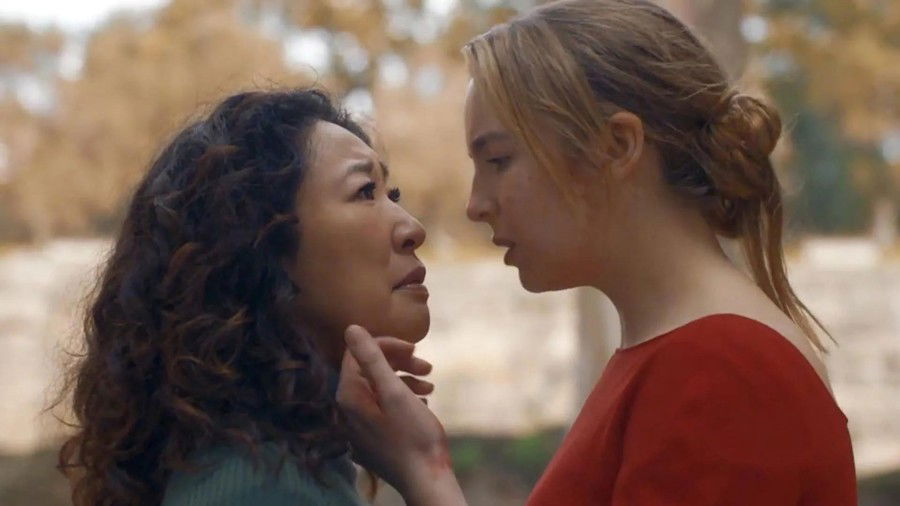
Controversial characters are alive. They challenge us, push us out of our comfort zones, and show how fiction can reflect our own contradictions. That’s why we’re celebrating them today. They might not be role models, but they’ve earned our affection by being profoundly human.
Here’s our list:
Devi Vishwakumar – Never Have I Ever
Devi is a whirlwind of chaos, and that’s exactly what makes her unforgettable. She lies, sabotages friendships, and makes questionable decisions, but we still root for her. We understand her mess. Most of us have been emotionally unstable teenagers, too.
Her story is shaped by grief, self-sabotage, and a desperate need to belong. It’s this emotional turbulence that makes her so relatable. Growing up is messy, loud, confusing... and, sometimes, hilariously painful.
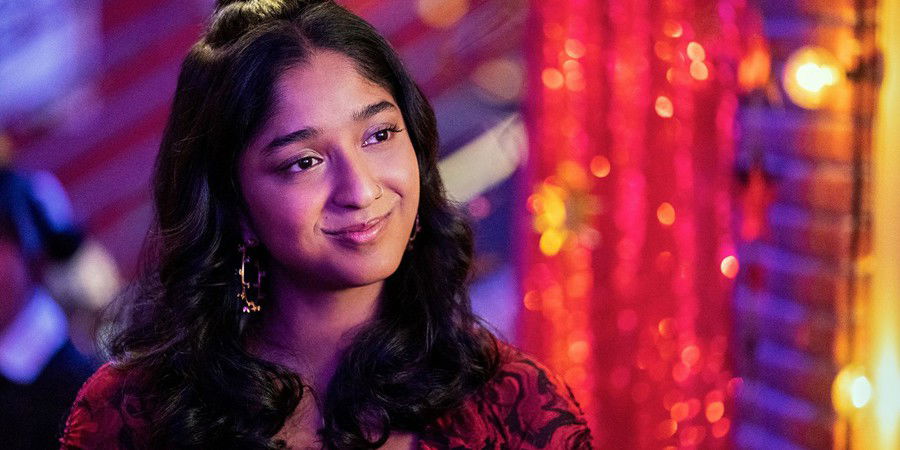
Jesse Pinkman – Breaking Bad
Jesse is the kind of character we want to hug and tell (even if it’s a lie) that everything will be okay. He’s a partner in crime, a drug addict, impulsive and naive, but he carries a raw pain the show never ignores.
Unlike Walter, who becomes increasingly cold, Jesse moves in the opposite direction. He grows a sense of morality and empathy amid the chaos. A criminal? Yes. But also a lost soul searching for scraps of love.
His relationships, whether romantic or friendly, are deeply memorable. He clearly wants more than a criminal life. He wants to be accepted and feel fulfilled and that’s something we all understand.
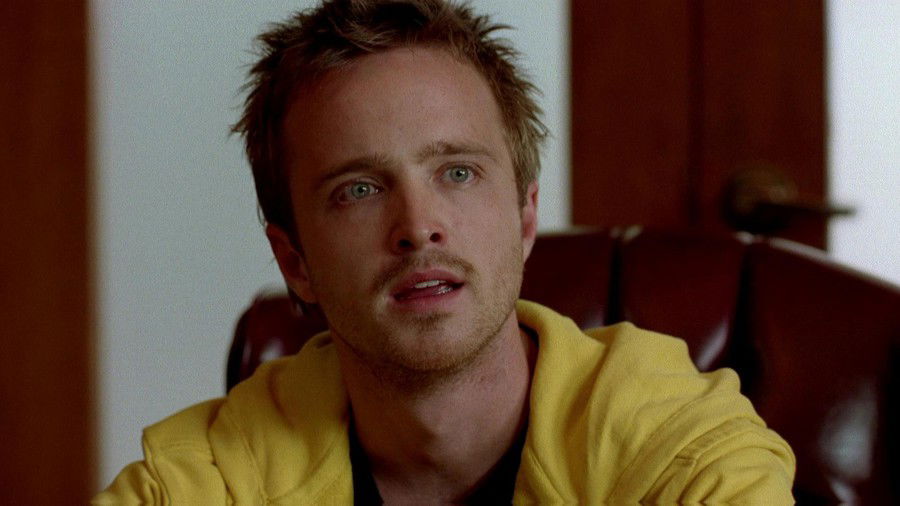
Rue Bennett – Euphoria
Rue is the kind of character who makes us hold our breath every episode. She’s an unreliable narrator, an addict, intense, and often irresponsible. She wrecks everything, including herself.
But under all the destruction is a raw vulnerability and painful honesty that grabs our hearts. Rue doesn’t aim to be a role model, and maybe that’s what makes her essential. We understand her pain, even if we can’t justify her actions.
She’s broken and in desperate need of help, but remains deeply human. Watching her struggle to escape a miserable reality while revealing glimpses of a scared, lonely teenager is devastating.
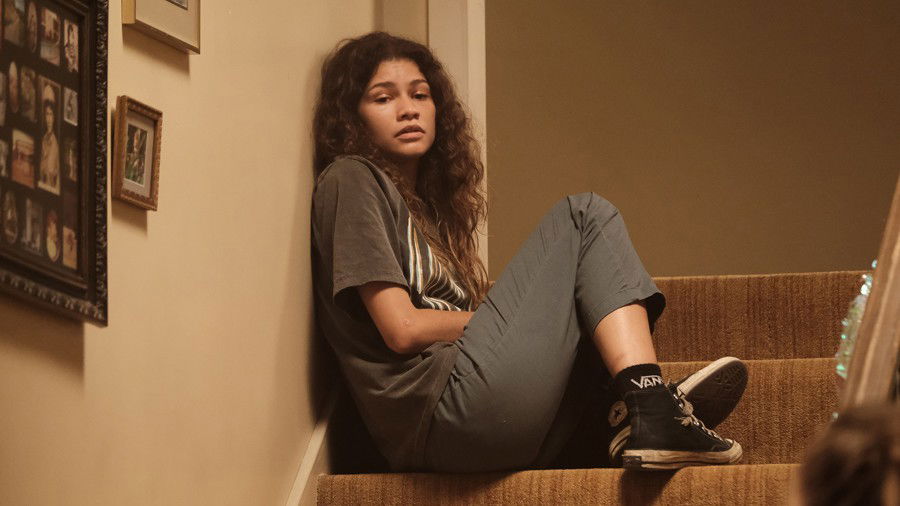
Fleabag – Fleabag
Fleabag breaks the fourth wall as effortlessly as she breaks her emotional defenses. She laughs, seduces, lies, cries, and confesses everything to us, making us feel like accomplices in her unraveling. She’s full of bad decisions, biting humor, and a fierce inability to manage guilt.
She’s a raw portrait of grief, desire, and self-deprecation, all wrapped in layers of self-sabotage. We probably shouldn’t love her this much… but we do. Her pain makes sense to us. It’s like laughing while someone falls and reaching to catch them at the same time.
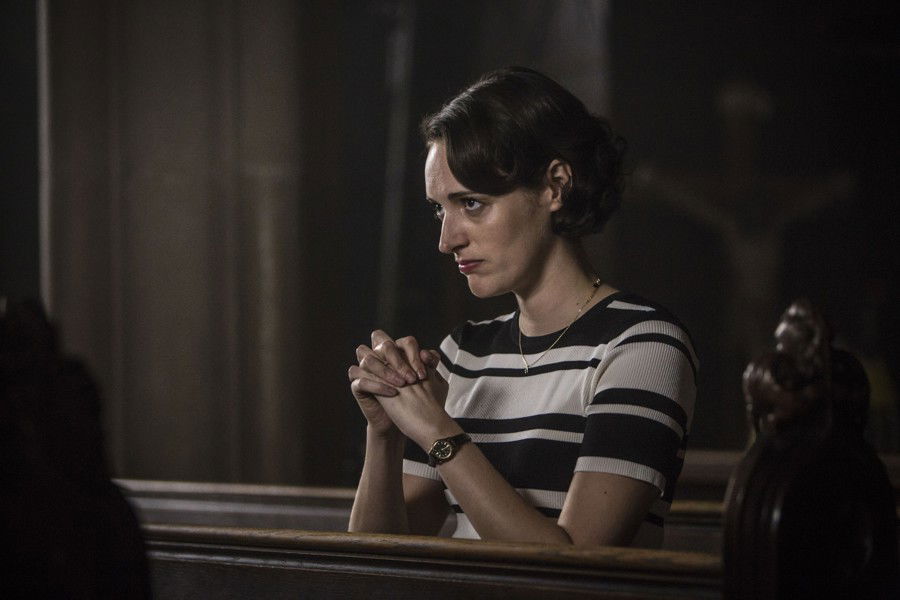
Eve Polastri – Killing Eve
Obsessive, impulsive, morally ambiguous, and dangerously intrigued by a killer. Eve makes us ask: how far can empathy go? Her descent into Villanelle’s world is slow, twisted, and mesmerizing.
Eve’s appeal lies in the tension between ethics and desire, duty and obsession. She starts out as an intelligence agent and ends up lost in a labyrinth she helped create, and we can’t look away.
The romantic tension and moral dilemmas between her and Villanelle add to the drama, showing the personal transformation of a woman on a wild, unconventional journey of self-discovery.
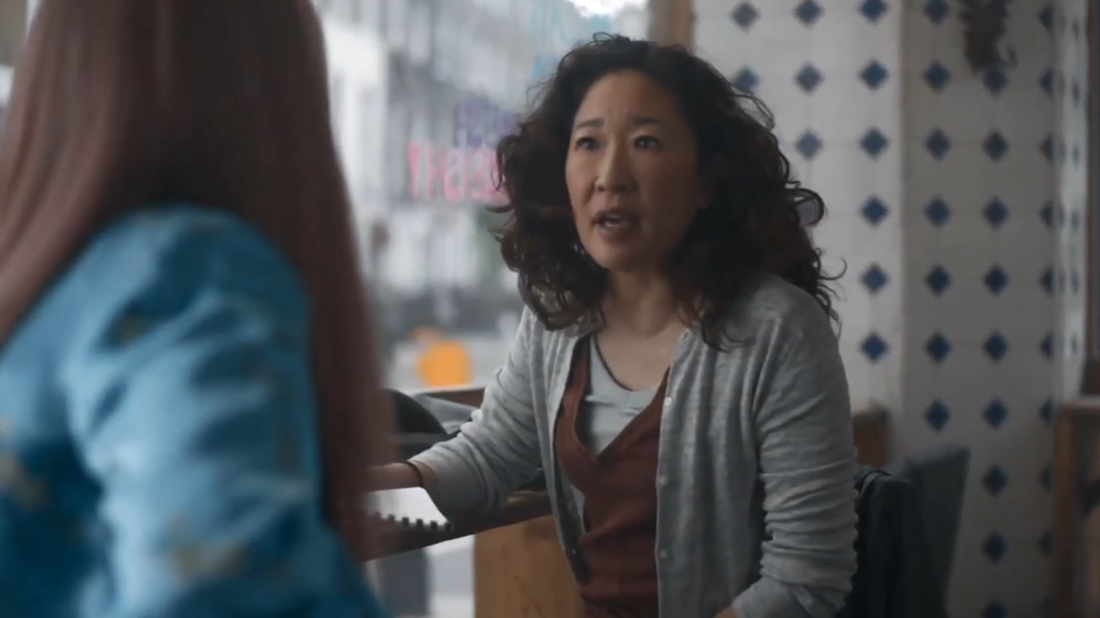
Misato Katsuragi – Neon Genesis Evangelion
The laid-back officer who drinks too much and tries to appear responsible while the world teeters on the edge. Misato is complex, ambiguous, often reckless, and yet one of the most emotionally powerful characters in Evangelion.
She represents the crisis of adult identity, trying to protect others while barely holding herself together. We see ourselves in her, lost in unresolved traumas and desperate to do the right thing.
She makes mistakes, sometimes big ones, but it’s always clear she’s trying her best... even when she fails.
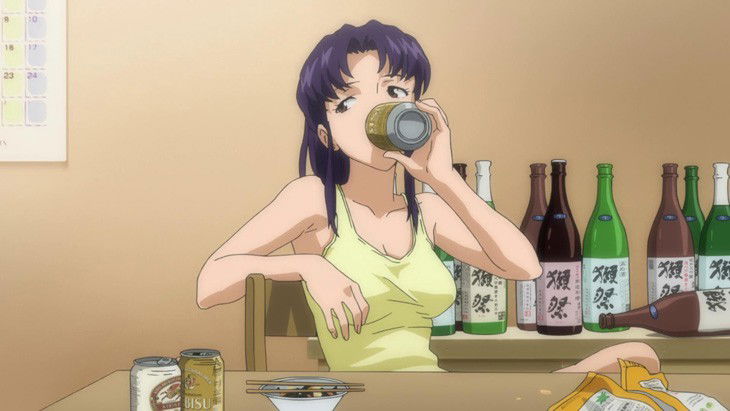
Beth Harmon – The Queen’s Gambit
Beth is brilliant, cold, vain, and an addict. But her intense screen presence makes her magnetic. She turns the quiet world of chess into a dramatic, emotional battlefield.
Her story is about loss, pride, and isolation, but also about resilience and reinvention. Beth isn’t easy to love, but she’s unforgettable. She redefines the “troubled genius” with grace, grit, and a bottle in hand.
Her trauma and backstory are the roots of her character. That’s where her humanity shines through. Beth may be guarded, but her pain is clear once we understand where she came from.
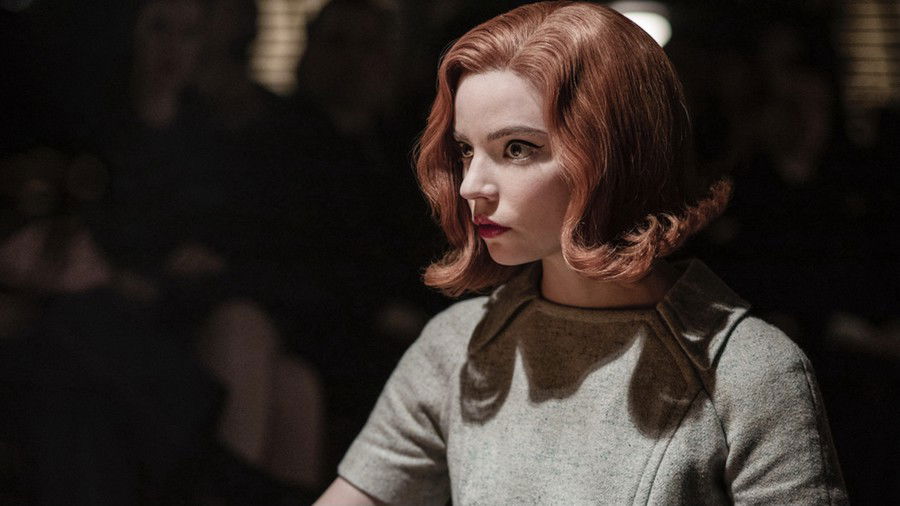
BoJack Horseman – BoJack Horseman
BoJack is a disaster wrapped in a horse’s body: narcissistic, self-destructive, addicted, emotionally distant, and profoundly egocentric. Yet he’s one of the most brutally honest depictions of depression, trauma, and the exhausting struggle to be better, even when the path is messy and full of backslides.
He forces us to confront a terrifying question: What if I never change? We don’t love BoJack despite his flaws; we love him because he keeps failing and trying again, even when it hurts others. He’s the worst version of ourselves, and that’s why we can’t look away.
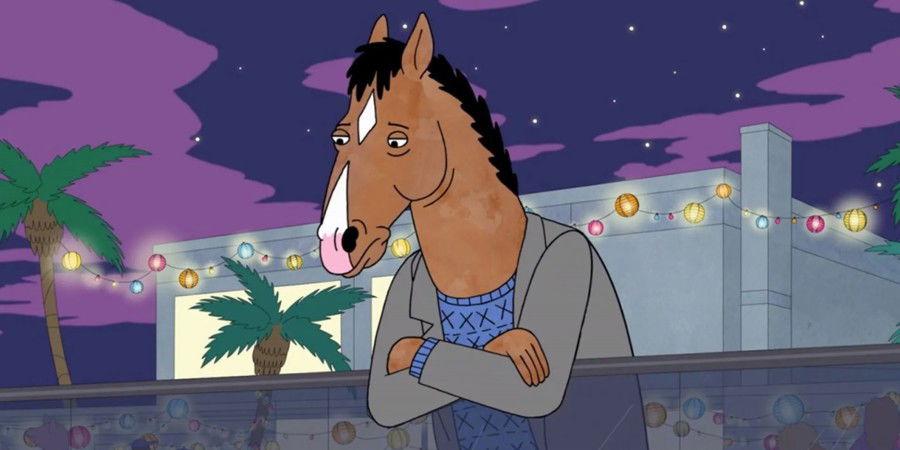
Conclusion
What these characters share isn’t just controversy. It’s the courage to exist in contradiction. They remind us that no one is made only of triumphs, and even the deepest failures can reveal something beautiful, complex, and human.
Loving characters like these is an act of empathy. It’s seeing ourselves in those who fall short, caring about those who can’t love properly, and rooting for those still trying to figure things out. They push us past simplistic morals and into uncomfortable territory where the truth often lives.
And how lucky we are that fiction lets us meet imperfection face to face. Because in the end, loving controversial characters is just another way to learn how to love ourselves: flaws, chaos, and all.
What about you? How do you feel about these characters? Did we miss someone special? Tell us in the comments!








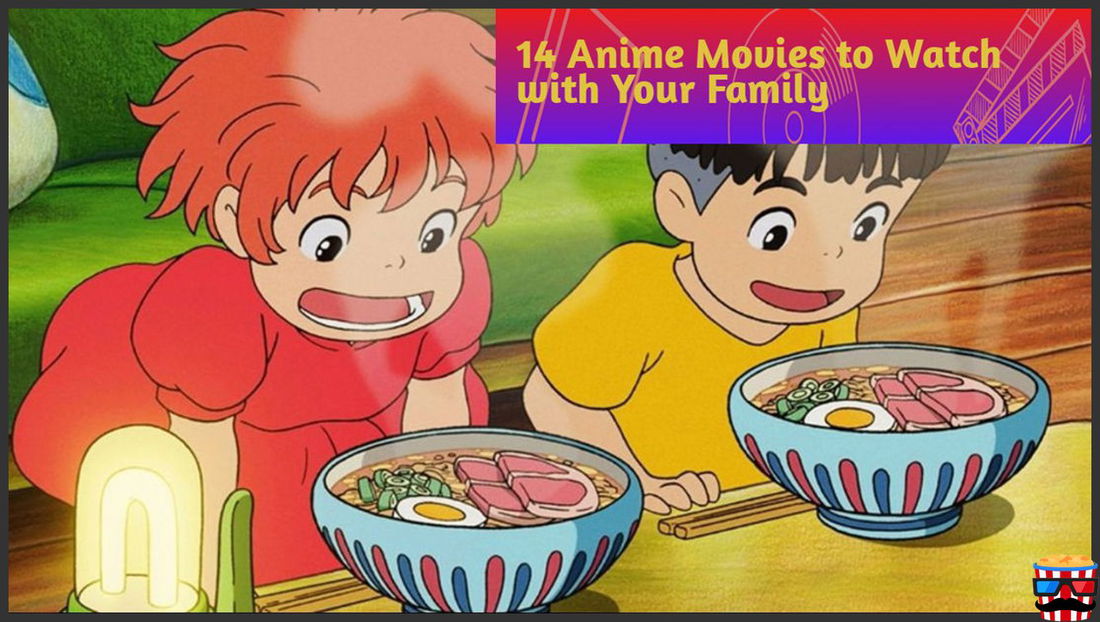

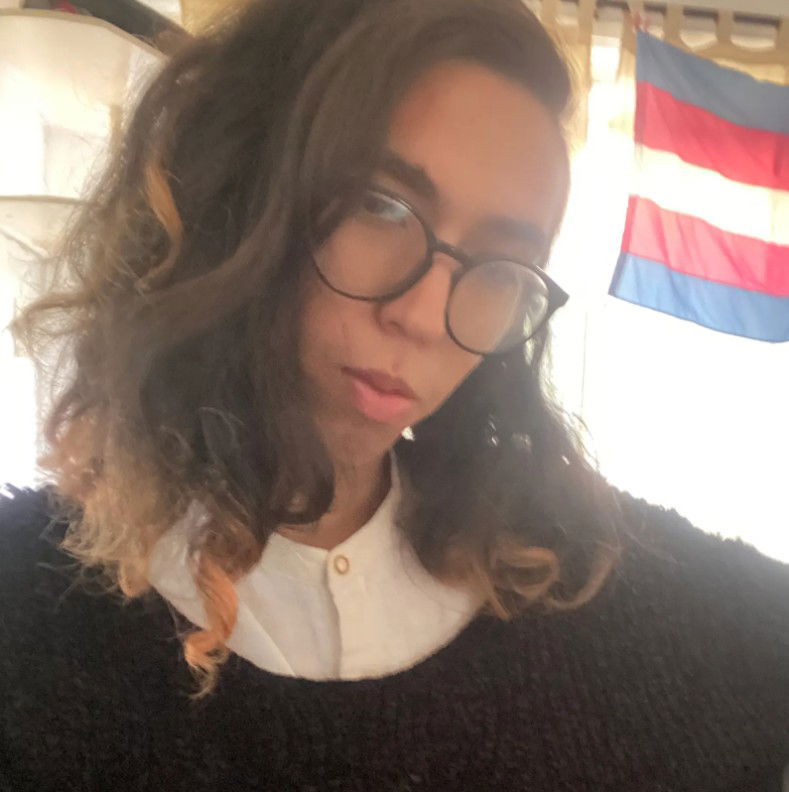

— Comments 0
, Reactions 1
Be the first to comment